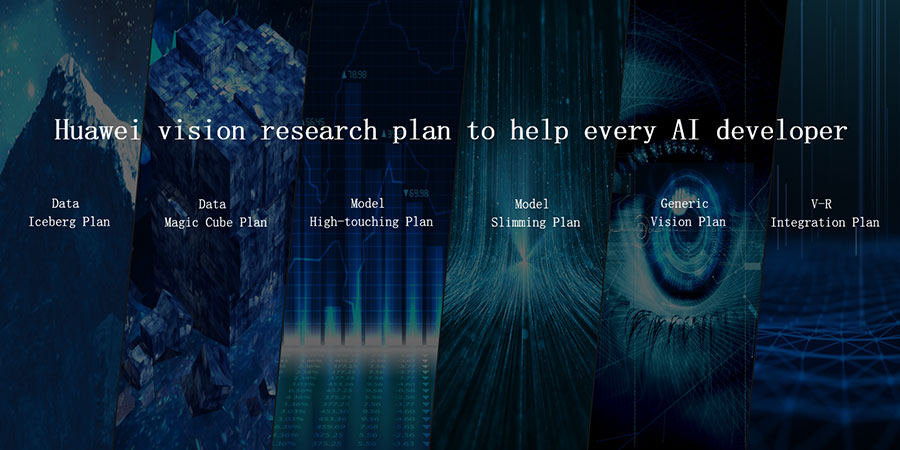Huawei recently announced the launch of new ICT technologies and enterprise-based solutions and services at its Huawei Developer Conference 2020 (Cloud) – known as HDC.Cloud 2020 – an annual flagship event held for global developers in the ICT field.
The conference serves as a way to build a global platform for exchanging ideas, trying out new things, and sharing the ICT capabilities Huawei has developed over the past 30 years.
During the conference, Huawei reviewed its strategy on computer vision and how it has opened up papers and algorithm code for global developers to break new ground in AI research, development, and deployment.
Huawei further released its Computer Vision Plan and invited global AI experts to participate in the research. Under the plan, Huawei will continue extensive investment in basic research, tackling the fundamental obstacles to efficiently mine knowledge from massive data, design efficient models for visual recognition, and represent and store knowledge.
The company further announced that MindSpore, the all-scenario AI computing framework, is now available in open source on Gitee, demonstrating Huawei’s commitment to building a global open source community to serve as the backbone for a vibrant AI software and hardware ecosystem. Huawei also unveiled ModelArts Pro, the first-ever AI app development suite for enterprises, which is live on HUAWEI CLOUD.
ModelArts Pro is positioned as an enterprise AI productivity tool on the cloud and provides an innovative model for putting industrial AI into practice by integrating the know-how of experts in the field into corresponding suites and workflows that empower AI app developers.
In addition, Huawei showcased some of the significant applications for Huawei's Atlas AI computing platform on the cloud, edge, and devices.
Zhang Dixuan, General Manager of Huawei Atlas Data Center Business, shared some of the best device-edge-cloud development practices by partners who had made use of the Huawei Atlas AI computing platform. The presentation included a detailed demonstration of the performance optimization process behind the high-density cloud AI inference solution, as well as the benefits of efficient edge inference and ultra-low-consumption device-side inference, which are based on cloud-edge collaboration.
Separately during the conference, the openEuler community released its first Long-Term Support (LTS) edition. Huawei announced it is also working with four leading OS vendors, Kylinsoft, iSoft, Uniontech, and the Institute of Software Chinese Academy of Sciences (ISCAS), on commercial editions powered by openEuler.
The announcement marks a new milestone for the commercial readiness of openEuler-based operating systems. openEuler, the open source and free Linux distribution platform, offers an open community for developers worldwide and is now set to take the multi-core heterogeneous computing industry to the next level.
